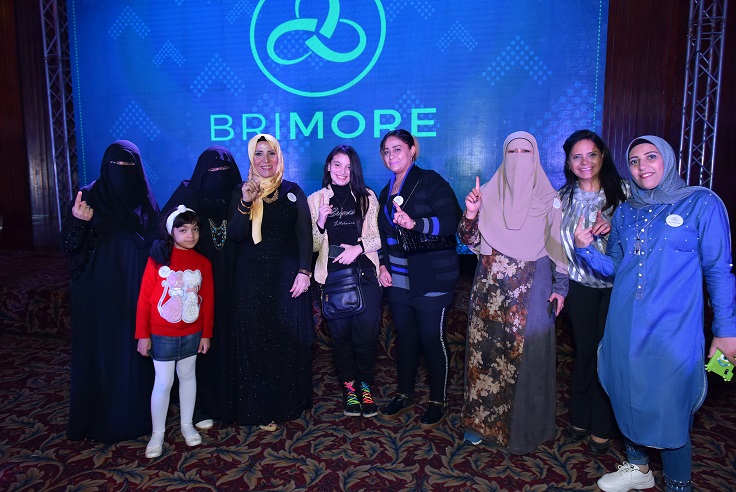Brimore is the biggest social commerce app in Egypt and Africa. It connects emerging manufacturers to a network of female sellers, whom it provides with independent income and growth opportunities.
You founded Brimore, a tech based retail platform, in Egypt in 2017. What were the main challenges you faced when developing your inclusive business model, and how did you overcome them?
One of the challenges we faced was creating a strong sustainable infrastructure for the business, and we managed to overcome that through hiring top talent and recruiting a diverse team with different backgrounds. Other challenges were understanding our stakeholders, pitching the model for them and structuring it in a way to be more inclusive. The multiple trainings attended and our impact management strategy helped us overcome this challenge in particular.
You participated in Strategic Advisory Service training through iBAN and GlobalCAD in 2017 and 2018. What were your reasons for participating in training?
All businesses by default are impactful; in one way or another they have an impact on people’s lives. We wanted to participate to understand the impact we provide, manage it intentionally and use our knowledge to scale our impact on our stakeholders.

What were the main areas of focus of the SAS training that you found useful in developing your business?
The training shed so much light on what it means to be an Inclusive Business, what it means to be working with the bottom of the pyramid and the opportunities that lie there. It helped us identify our stakeholders and how exactly we can interfere to help. The SAS training also helped us quantify certain impacts in business areas and we shifted our focus and entire performance towards the acquired knowledge.
Did you use coaching or advisory services to help you create and sustain partnerships? Which partnerships have turned out to be the most valuable?
Many of the partnerships we have were initially developed through the coaching and advisory services provided. We partnered with the GIZ on four different programs with four different teams as a consequence of this program. Some of the participants we met through these services have become business partners. We also hired some of the people we met through these services.
What was key to maximizing your impact on the BoP, and also on women? Which impacts have you measured since you launched your business?
Four main impact outcomes were clearly observed and measured; namely, the increase in the women sellers’ monthly income for a start, and the type of skills they acquired by working with Brimore, including technical skills that make this model even more sustainable. Furthermore, we observed the type of impact this has on their families and children, and how this raised their overall living standard. And finally, the impact on the working women’s self-esteem and mental health. We were able to measure this impact through qualitative and quantitative data.

Would you recommend coaching or advisory services to IB entrepreneurs who are trying to reach the BoP or developing their business model? Why/why not?
We would definitely recommend the coaching or advisory services because the concept of the bottom of the pyramid needs to be more spread out and the way it was presented really helped our business. Leading an inclusive business should be a global message and we want to see more similar business models in our region in the upcoming years.
What kind of trends in Inclusive Business do you foresee for the coming year?
The one significant trend I observe is what I call the smart infrastructure, namely the type of businesses that build a sustainable infrastructure for the bottom of the pyramid are on the rise, whether that be in mobility, logistical services, commerce and flow of goods, agriculture or energy. This is clearly observed in the region and we position Brimore as a key player in many of those areas as well.